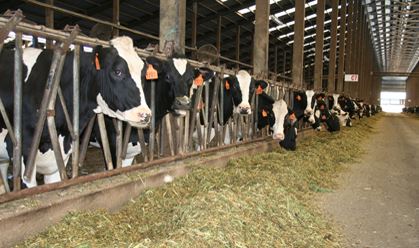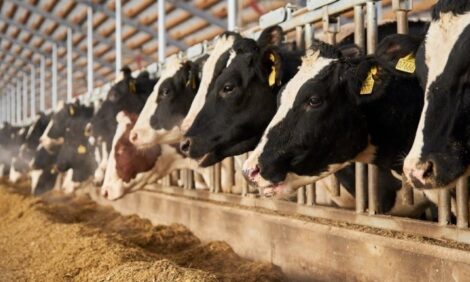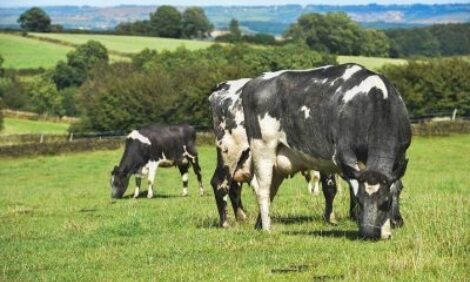



How to Address Mycotoxin and Mold in Corn/Maize Silage
Mold and mycotoxin difficulties are arising in several South Dakota silage bunks, meaning it is time to ask questions of your forage.
Tracey Erickson, dairy field specialist, outlines the important answers following cool, wet weather this year.
-
What is the Difference Between Molds and Mycotoxins?
Molds produce mycotoxins, but molds by themselves do not cause problems to animals. However, the mycotoxins molds produce can cause significant problems for livestock.

This year the molds Gibberella, Fusarium, and Diplodia may be an issue. The main mycotoxins we worry about in South Dakota are Zearalenone (reproductive problems), DON / Vomitoxin (feed refusal), Aflatoxin (reduced performance/death more prevalent in drought), and ergot/scab.
Fumonisins and T-2 toxins may occur here, but less frequently, but should not be ruled out.
-
So Where Can I Go to Get Help Dealing With Mold Issues or Wet Grain?
Please feel free to contact the Extension Service via your local Regional Extension Office or refer to the iGrow article and video Molds and Mycotoxins in Dairy Feeds document on molds and mycotoxins and its affects or the Dealing with Mycotoxin-contaminated Feeds at Feeding Time fact sheet.
-
Will Using Preservatives in the Feed (such as propionic acid) Kill the Toxin if it is Already Present in the Feed?
NO. Adding mold inhibitors, drying corn, or adding acids will only kill current mold present and will prevent any more from growing, but it will do nothing against mycotoxins already produced and present in the feed. There are some additives available, but they only work against aflatoxin.
There are no commercial products available that consistently work against DON/vomitoxin and zearalenone. The best advice is if you have seen mold on corn, test it before feeding to determine what, if any mycotoxins may be present, especially if it is being fed to the milking or breeding animals.
Does going through the fermentation process or drying process in ethanol plants remove toxins from DDGS or Syrups?
No, in fact it makes it worse since it triples the concentration of mycotoxin in DDGS without inactivating it. Since molds could affect fermentation and ethanol production plants do screen corn for molds and mycotoxins.
-
What About My Crop Insurance and Mold Damage?
Producers should contact their crop insurance agent before harvesting the crop to determine the correct procedure for documentation of damage.



